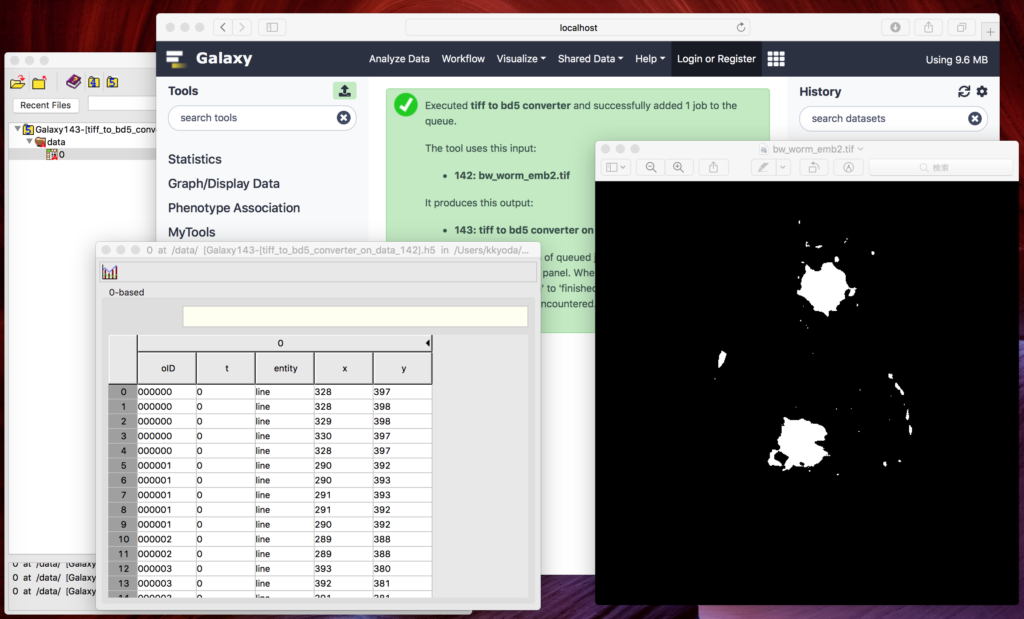We have released a new video introducing and explaining SSBD.
This video will help you better understand what SSBD is and how it works.
For more details, please refer to the related publication:
- Koji Kyoda, Hiroya Itoga, Yuki Yamagata, Emi Fujisawa, Fangfang Wang, Miguel Miranda-Miranda, Haruna Yamamoto, Yasue Nakano, Yukako Tohsato, Shuichi Onami, SSBD: an ecosystem for enhanced sharing and reuse of bioimaging data, Nucleic Acids Research, Volume 53, Issue D1, 6 January 2025, Pages D1716–D1723, https://doi.org/10.1093/nar/gkae860
We encourage you to explore how SSBD can be utilized in your research!
Please note that the video is in Japanese only.
